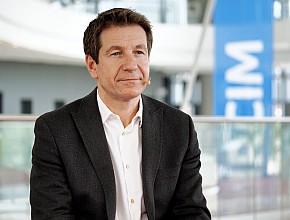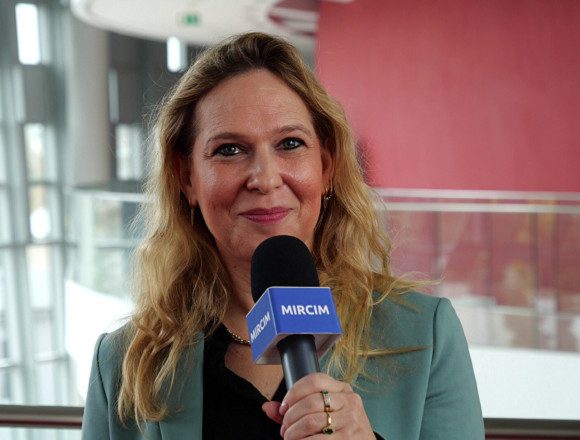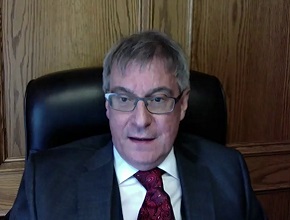Dr Paul Moayyedi is a professor in the Division of Gastroenterology at McMaster University, Richard Hunt/AstraZeneca Chair in Gastroenterology, and the inaugural assistant dean of research.
What effect do probiotics have on the gut microbiota?
Paul Moayyedi, BSc, MB ChB, PhD, MPH: Another good question. I think probiotics, in those that have studied them, do have an effect. Obviously, they are predominantly Lactobacillus and Bifidobacterium. And you can see some engraftment but fairly modest.
My view is you take it demurely. Things like Lactobacillus are going to be more present in the small bowel. Probiotics in general probably affect the small bowel more than the large bowel, whereas fecal transplants are usually the opposite. They are feces, so they are designed to survive in the colon whether they are given by colonoscopy or enema, and of course that is where they are going to stay.
Fecal transplants are going to have more of an effect on the colon, whereas I think probiotics have more of an effect on the small bowel.
 English
English
 Español
Español
 українська
українська










